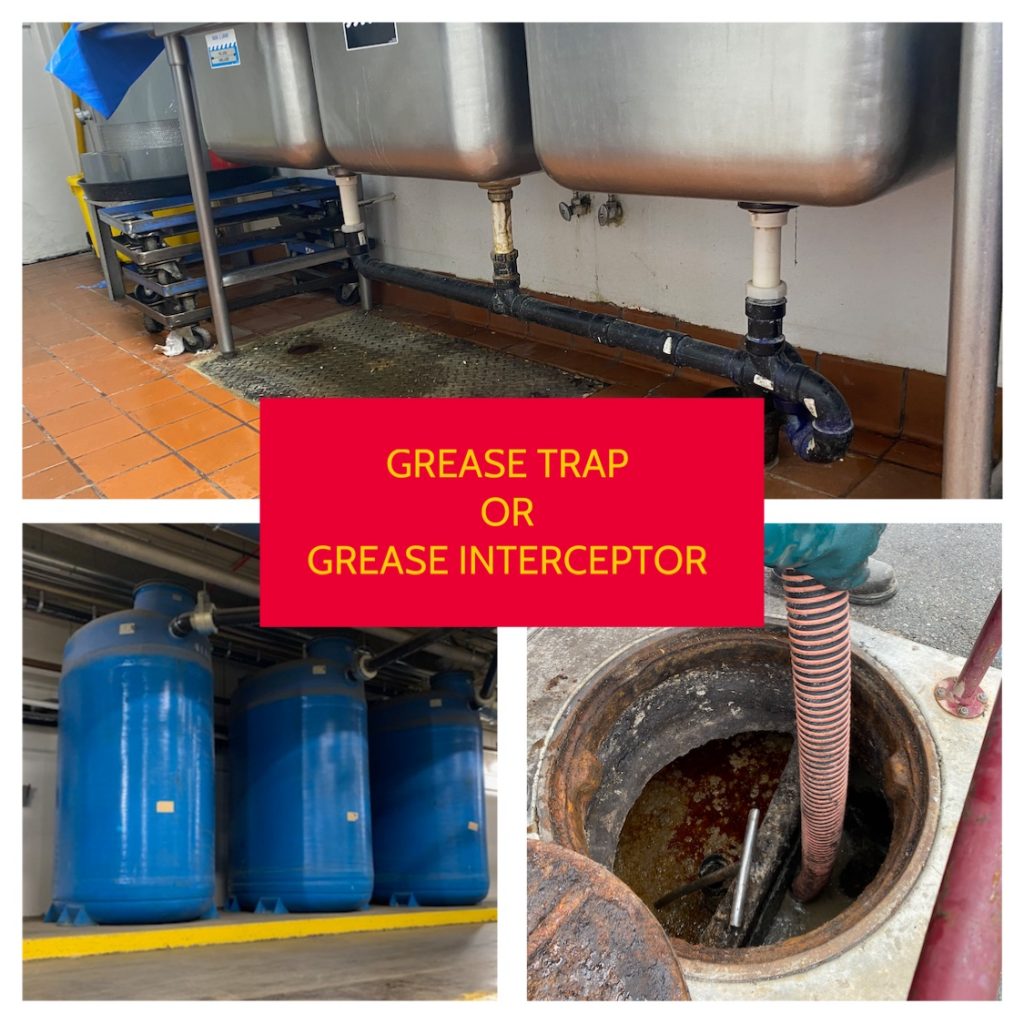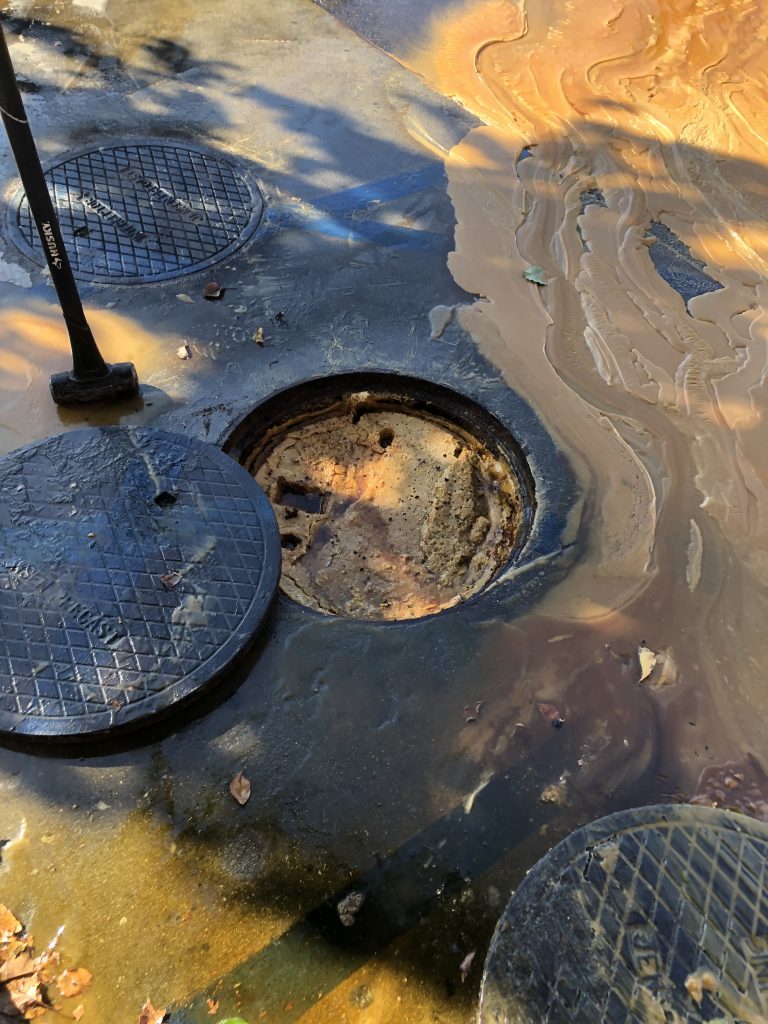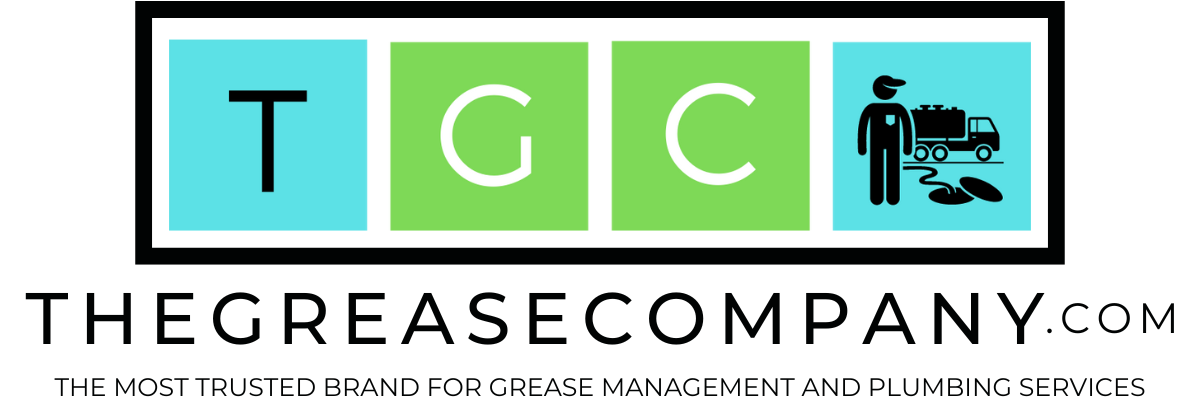
The significant increase in sanitation sewer overflow has caused city inspectors to become more active in monitoring food servicing establishments on best management practices. If you operate a food servicing establishment with a commercial kitchen, upkeeping and ensuring that you follow the regulations set by the local ordinance are met to prevent any citations or fines.

Grease Trap & Grease Interceptor Service Records
During the inspection, city officials will take measurements of the fats, oils, grease, and solids to wastewater ratio, ensuring that it’s not over 25%. Furthermore, they will also request service records or manifest reports of service logs, ensuring that the device is routinely maintained. Failing to provide proof of service can lead to a warning or citation.
In the event of a sanitation sewer overflow, the city official can immediately require the establishment to stop operation until the issue is corrected. The official will likely mandate the business to clean the grease trap or grease interceptor and clear the plumbing, ensuring that the problem is fixed to continue operating. The company is responsible for hazardous FOGS spillage caused by the device must be cleaned up at the owner’s expense.
Investigating The Cause of Santation Sewer Overflow – SSO’s

Sanitation Sewer Overflow.
Restaurant and food servicing establishments are the number one suspects for sewer sanitation overflows (SSO) because of the amount of fats, oils, grease, and solid originating from the commercial kitchen. During the investigation responsible for the SSO, they will request two significant proofs for service to determine who is responsible for the sewer contamination; evidence of grease trap or grease interceptor cleaning and waste cooking oil disposal manifests.
Grease Trap & Grease Interceptor Cleaning
All food servicing establishments (FSE’s) are now required to have a device that will help prevent FOGS waste from entering the sewer system, known as a grease trap or grease interceptor. Grease control devices must be cleaned, removing all content before its fats, oils, grease, and solid content reaches a capacity of 25%. In most cases, indoor small grease traps are pumped monthly while larger outdoor grease interceptors are cleaned quarterly.
Used Cooking Oil Collection Service
In no circumstance that used cooking oil or grease is to be disposed of down the drain. All waste cooking grease must be placed in a container and removed by a licensed inedible kitchen grease hauler. Pouring oil down the drain is not only unlawful but can pose a threat to the plumbing system leading to blockage or overflows.
Grease Pumping & Used Cooking Oil Collection Service
Working with an experienced company that can provide you a streamline of service can be the best asset for your business. As a full-service grease management company, we work with licensed and experienced professionals that understand what it takes to keep you in compliance. Licensed and insured, we are ready to help you 24 hours a day, seven days a week.
